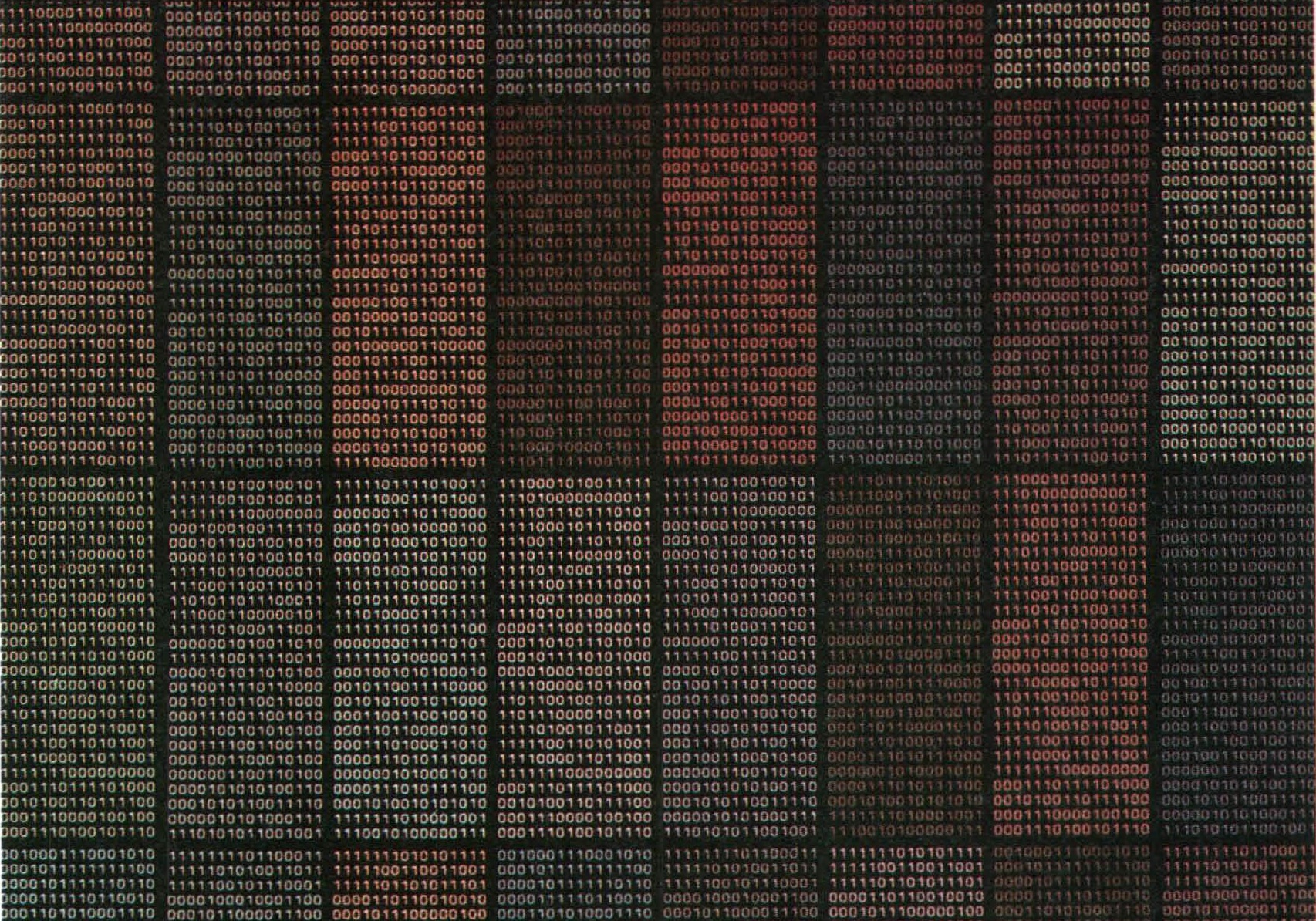Endowed with boundless intellect and curiosity, Leibniz was one of the first Western mathematicians to study and write about the binary system of enumeration. There are only two digits in binary math – 0 and 1 – but any number, no matter how large, may be expressed with them. For example, a decimal 2 is 10 in binary; 3 is 11; 4 is 100; 5 is 101; 6 is 110; 7 is 111; 8 is 1000, and 9 is 1001. Each digit to the left represents a greater power of 2. It’s the simplest possible numerical system and it had enormous influence on the development of computers. To Leibniz, however, binary math had more religious than practical significance, and he regarded it as a sort of natural proof of the existence of God, arguing that it demonstrated that the Lord, the all-knowing one, had created the universe out of nothing. At one point, Leibniz, in a brilliant flash of insight, considered making a binary calculator but, unfortunately, nothing ever came of the idea.
(Incidentally, the term used today to refer to a single binary digit – a bit – inspired the title of this book. The word is an acronym of the first letter of “binary” and the last two letters of “digit.” Every operation in a computer is the result of the interaction of bits.)

An enormously energetic man, Leibniz was in constant motion. He established the German Academy of Sciences; formulated an enormously influential philosophy which held that the universe was made out of irreducible, ever-changing substances called monads; worked as a mining engineer in the Harz Mountains, where he invented a windmill-driven pump and theorized that the earth was originally molten; sought the reunification of the Catholic and Protestant churches; founded the science of topology; was appointed an advisor to the Holy Roman Emperor and made a baronet; and died in 1716, at the age of seventy, poor and friendless, ignored by the noblemen he had served.